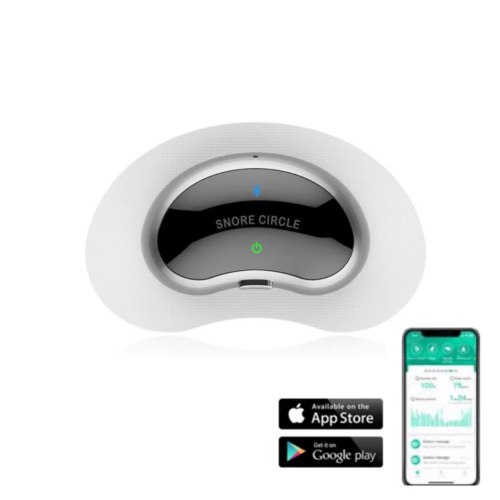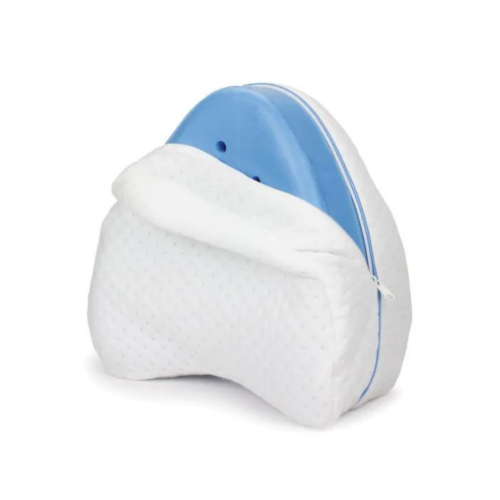Obstructive sleep apnea (OSA) is a common sleep disorder in which breathing repeatedly stops and starts during sleep. People with OSA often snore loudly, and they may wake up several times during the night feeling like they are suffocating.
OSA can have a number of serious health consequences, including an increased risk of cardiovascular disease, stroke, and type 2 diabetes. This is because OSA can cause low blood oxygen levels and high blood pressure during sleep.
Continuous positive airway pressure (CPAP) is a non-invasive treatment for OSA that works by blowing air through a face mask throughout the night to keep the airways open. CPAP has been shown to be effective in improving sleep quality and reducing daytime symptoms in people with OSA.
However, the effects of CPAP on cardiovascular disease risk have been less clear. Some studies have shown that CPAP can reduce the risk of cardiovascular events, while others have not found a benefit.
Two new studies presented at the European Respiratory Society International Congress in Milan, Italy, suggest that CPAP use may reduce the risk of death from cardiovascular disease in people with OSA.
In one study, researchers tracked down all 3,638 OSA patients living in Catalonia, Spain, who had chosen to stop using CPAP in 2011. They compared these patients to a similar group of 3,638 OSA patients who continued to use CPAP until at least 2015 or until death.
The researchers found that those who continued to use CPAP had a 40% lower risk of dying by any cause, a 36% lower risk of dying from cardiovascular disease, and an 18% lower risk of being hospitalized with cardiovascular disease.
In another study, researchers conducted a pilot study with 30 patients suffering from OSA who underwent a computerized tomography (CT) coronary angiogram to assess any signs of narrowing in the blood vessels that supply the heart.
The patients were then randomly assigned to 24 weeks of treatment either using a CPAP machine at night, or injections with weight loss drug liraglutide, or both together.
The researchers found that patients who were treated with CPAP and those treated with CPAP and weight loss injections experienced reductions in the plaque build-up in their arteries and a reduction of inflammation in their aorta (the main artery that carries blood from the heart to the rest of the body). Patients who were treated with weight loss injections only did not experience these effects.
These studies suggest that CPAP use may be beneficial for reducing the risk of death from cardiovascular disease in people with OSA. However, more research is needed to confirm these findings.

What does this mean for people with OSA?
If you have OSA, it is important to talk to your doctor about whether CPAP treatment is right for you. CPAP is a safe and effective treatment for OSA, and it can have a number of benefits for your overall health, including reducing your risk of cardiovascular disease.
Even if you are already using CPAP, it is important to make sure that you are using it regularly and as prescribed by your doctor. The more you use CPAP, the greater the benefits.
If you have any questions or concerns about CPAP, please talk to your doctor.










